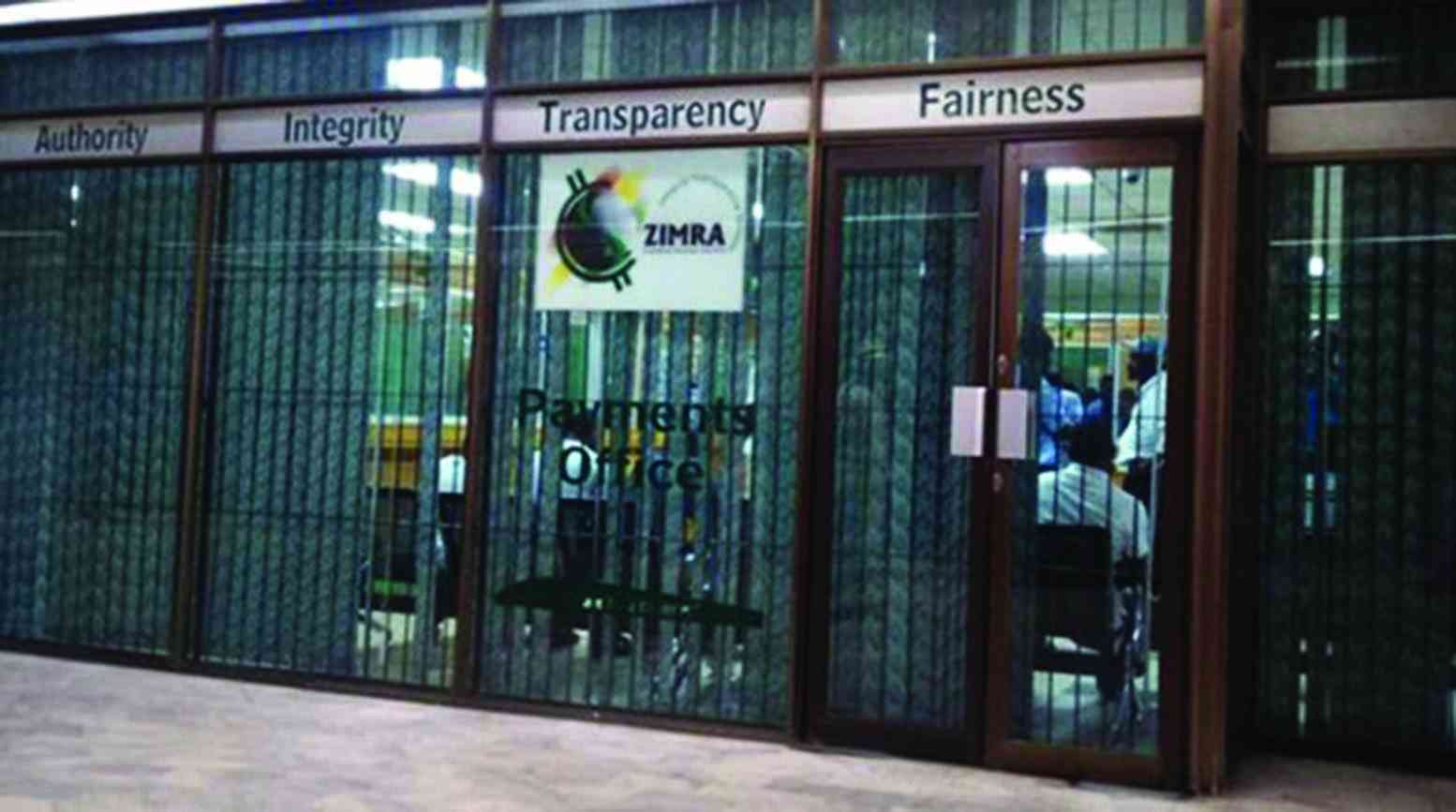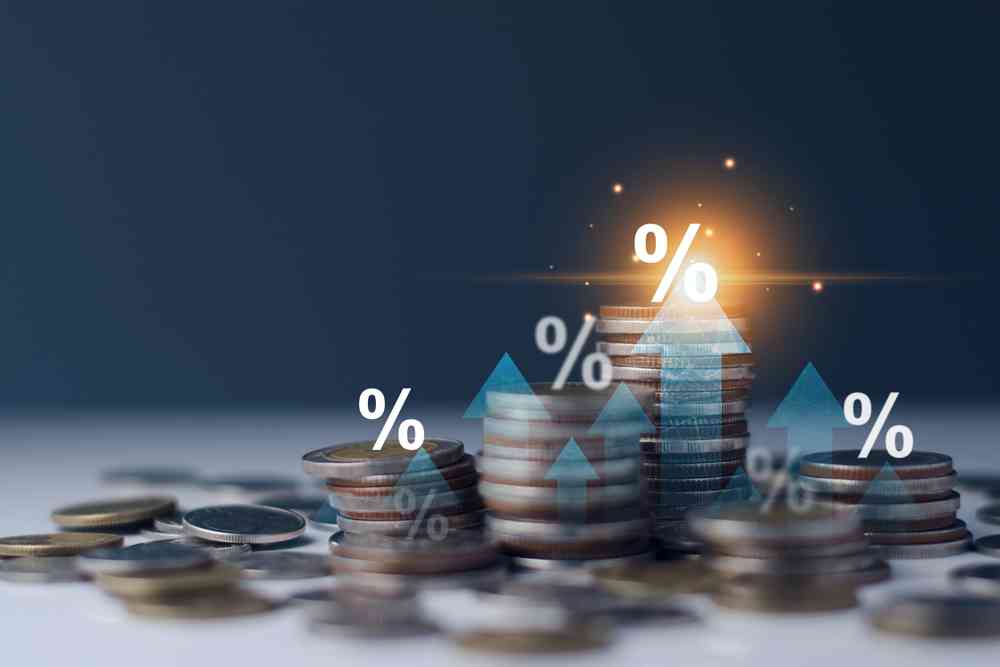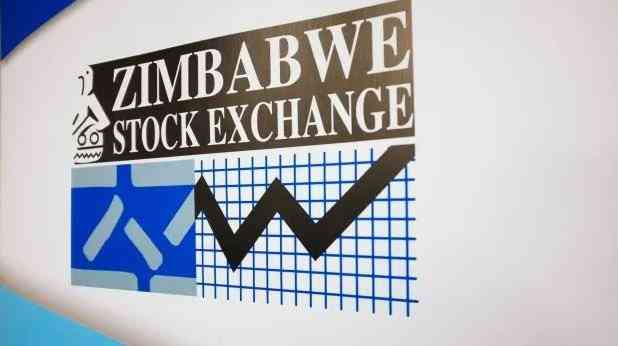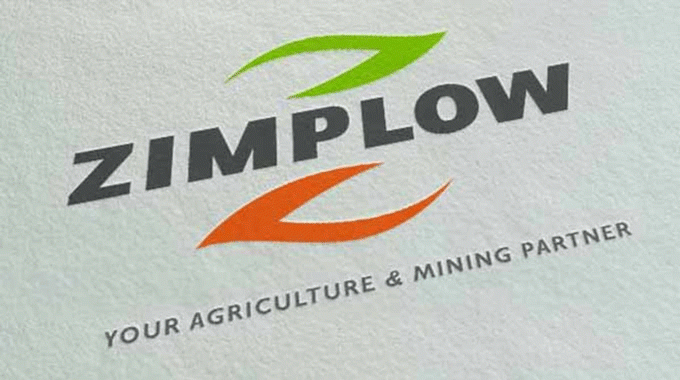
TAXES are an important tool available to the government that it can use to attain stable, inclusive and sustainable economic growth and development.
Taxes are also useful in the redistribution of income and wealth from rich people and rich communities to their poor counterparts. More importantly, taxes can help governments promote gender equality, build strong social safety nets and ensure an inclusive delivery of quality and affordable social services.
Cognisant of the foregoing, this column takes a citizen’s perspective approach to briefly analyse if Zimbabwe’s current tax regime is congruent with the nation’s Vision 2030 of leaving no one and no place behind.
Nature of tax regime
Ideally, a tax regime should be designed in a manner that achieves horizontal and vertical tax equity. On one end, horizontal tax equity is a tax principle whereby equals are treated as equals hence households with the same level of income should pay an equal amount of tax.
Despite this being difficult to implement as challenges may arise in the efforts to categorise households based on their equal access to income and wealth, horizontal tax equity greatly helps in suppressing biases and discrimination based on race, gender, or profession.
On the other end, vertical equity means that taxes collected should rise with an increase in income hence the rich and ruling elites are required to pay more than their poor counterparts through progressive and proportional tax rates.
However, in Zimbabwe, the tax regime is highly regressive as poor people are paying relatively more than the rich. For instance, the 2% tax is suppressing the budgets of poor households amid recurring Zimbabwe dollar depreciation and price inflation pressures.
- Chamisa under fire over US$120K donation
- Mavhunga puts DeMbare into Chibuku quarterfinals
- Pension funds bet on Cabora Bassa oilfields
- Councils defy govt fire tender directive
Keep Reading
The 2% tax does not take into account income differences yet poor households have a higher marginal propensity to consume as they tend to spend most of their incomes on consumption.
A tax regime should be designed such that it will be hard for taxpayers to evade their tax obligations. However, due to elevated corruption and porous controls on ports of entry, tax evasion through smuggling is rife in Zimbabwe.
The government estimates that it is losing about US$100 million per month (US$1,2 billion annually) through the smuggling of gold alone.
There is a lack of lifestyle audits on those living lavishly to compare known income and the standard of living to identify gaps and indicators that someone is living above their means.
As such, Zimbabwe must reconfigure its tax regime to ensure that it becomes progressive and proportional such that all economic agents pay their fair share.
Again, fiscal transparency must be increased to ensure that all taxes paid are used to bring sustainable and inclusive economic development. To attain all this, citizens' engagement is crucial in the development of a tax policy that is not detached from people’s lived realities.
Below are some of the shortcomings of the prevailing tax system:
Informal economy
As a result of economic mismanagement in the last two decades, the Zimbabwean economy has greatly informalised. With the government continuing to pile more regressive taxes, the informal sector where most vulnerable groups like women and youth eke out a living is becoming over-stretched.
The high presumptive taxes being charged by local authorities and the central government are constraining the growth of informal businesses, which in turn has a bearing on informal traders’ welfare. This is because these presumptive taxes are mostly designed in a “one-size-fits-all” fashion, which disregards business operating costs as well as income differentials.
Affordability of basics
Zimbabwe’s regressive tax system is making goods and services unaffordable to many citizens. This is the case despite tax policy-makers understanding that poor households have a high marginal propensity to consume, that is, they spend most of their incomes on current consumption leaving little for future consumption.
For instance, elderly people are receiving paltry monthly government pensions, which are way below the poverty datum line. As such, the continued piling of taxes is disadvantaging the poor at a time when local currency depreciation and spiking inflation continue to erode the real value of their earnings. Thus, affecting aggregate consumer demand, a key component of economic growth and improved living standards.
Access to finance
Whereas the government has established financial institutions targeting women and youth, such as the Zimbabwe Women’s Microfinance Bank and the youth-centred Empower Bank, the loans benefit only the rich and connected few, who have the required collateral security.
As such, many deserving women and youth entrepreneurs are not receiving concessional loans (subsidised interest rates) from these government institutions. The lack of access to finance is inhibiting the expansion of small, medium, and micro enterprises.
Policy consultations
While the involvement of citizens in the tax process as taxpayers and beneficiaries of tax revenues is critical, there is a clear lack of cohesion between the government and citizens.
Empirical results from Open Budget Surveys (OBS) show that less than 5% of residents are attending budget consultation meetings. As such, there is a de-link between taxation and development as people are not participating in the development processes of their nation.
The dysfunctionality is also evident in the collapse of service delivery as the government has failed to provide and meet the basic needs of its people using state revenues.
Public service delivery
Despite the record collection of revenues from taxes and levies, such as the 2% tax, fuel levies, and tollgate fees, infrastructure is crumbling while essential public services like education, health care, housing, water and sanitation are both unaffordable and inaccessible.
For instance, many public hospitals reportedly have no working cancer machines and have inadequate operational ambulances. Again, while taxes and council rates are being hiked over the years, authorities are failing to maintain local roads, construct permanent decent vending markets, and resuscitate other vital public spaces like recreational facilities.
Consequent to this, many residents are finding no reason to honour their dues to the local authority or central government.
Climate change
In rural set-ups, the flow of household income is erratic with the majority relying on agriculture, a sector that is experiencing dire effects of climate change and climate variability. These erratic rainfall patterns are greatly affecting crop yield with most of the population now exposed to food insecurity and malnutrition.
Despite this life-threatening reality amid high regressive taxes, authorities are failing to provide adequate food assistance to the most vulnerable.
Authorities are also not meaningfully investing the collected tax revenues in climate change mitigation and adaptability measures such as greening the energy and agricultural sectors.
Concerning the former, many rural areas are not connected to the national electricity grid and citizens are relying on firewood, a form of fuel that leads to deforestation.
This is affecting citizens, particularly women and young girls who must engage in unpaid care work of walking long distances in mountainous landscapes searching for firewood thus exposing them to sexual predators and snakebites as well as reducing their hours of schooling.
Inclusivity
The Zimbabwean tax system is selective, as it benefits the few at the expense of the majority. The examples include among others mining investors who are using unsustainable means of mineral extraction but are given tax holidays while poor citizens are languishing under the regressive tax system.
Way forward
The Zimbabwe tax system, which is blind to taxpayers’ income differentials is largely choking the poor majority and informal sector businesses. The government continues to pile additional taxes yet the cost of doing business and the cost of living is skyrocketing.
Ironically, the authorities are failing to efficiently use collected taxes to ensure inclusive and sustainable economic growth and development.
Hence, poor citizens are disproportionately bearing the brunt of a regressive tax regime. As such, more action is needed to ensure that taxpayers pay their fair share in taxes and that taxes are used to improve public infrastructure, as well as uplift disadvantaged groups, and transform marginalised communities.
Without this, the current tax regime will continue to leave many people and places behind.
- Sibanda is an economist. He is a research associate with the Zimbabwe Coalition on Debt and Development. He is a staunch advocate for inclusive and sustainable development. He writes in his personal capacity.











